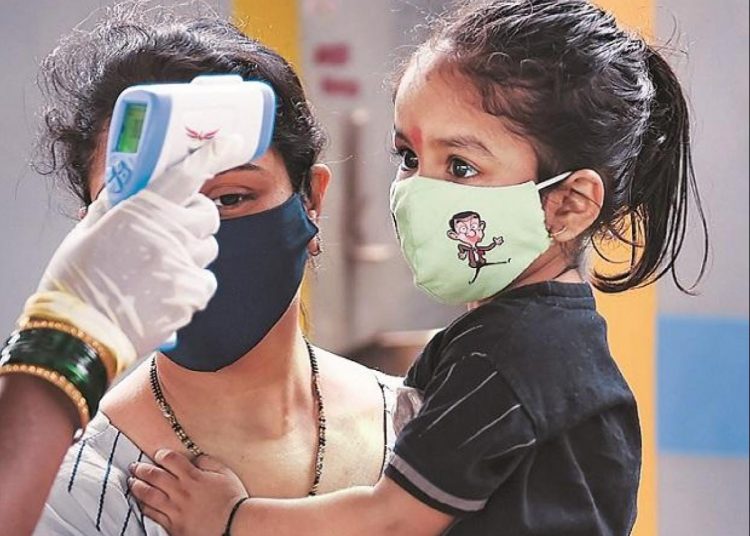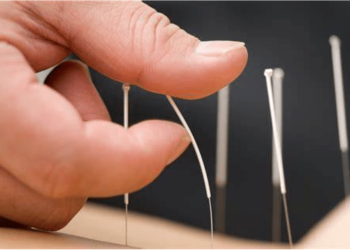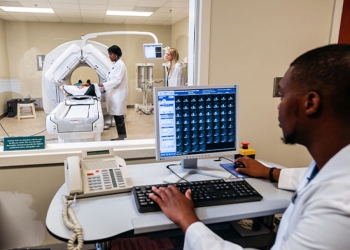India is witnessing a massive surge in COVID19 cases caused by the highly mutated Omicron variant of SARS CoV2, despite rapid vaccination in the country. At least two vaccines were approved this year for children who had not been vaccinated in the last two waves of the pandemic. Health Experts said that children can be infected with the Omicron variant. The Ministry of Health and Family Welfare (MoHFW) recently hosted an interactive webinar session titled “Managing Children with COVID19” in collaboration with the All India Institute of Medical Sciences (AIIMS) Delhi. The doctors emphasized the point that it is important that we understand that children are not like adults and that what we do with adults cannot be transferred to children. They need to be treated differently, said AIIMS, New Delhi, Director Dr. Randeep Guleria. Omicron affects children, but it is genuine as they are the unvaccinated group of citizens. We also have to take into account the fear and panic that arises in the families and initiate to reduce. The doctors also explained the mechanism by which children suffer from less severe symptoms than adults.“
Unvaccinated 14 Times More Likely to Die From COVID
“They respond better to the virus. In addition, when the lungs are affected, the excellent regenerative capacity of the pediatric alveolar epithelium would contribute to a faster and more complete recovery. And the absence of risk factors such as various comorbidities that are observed in adults and the elderly, such as smoking and diabetes, are obviously less common in children,” explained Dr. Deorari. As in adults and the elderly, children also develop various symptoms of the virus. While fever, fatigue, cough, and loss of smell and taste are some of the most common symptoms of SARsCOV2 infection in children, a condition is known as the multisystem inflammatory syndrome has been commonly reported in children. Children who develop MISC have severe inflammation in various organs of the body, including the heart, lungs, blood vessels, kidneys, digestive system, brain, skin, or eyes.























